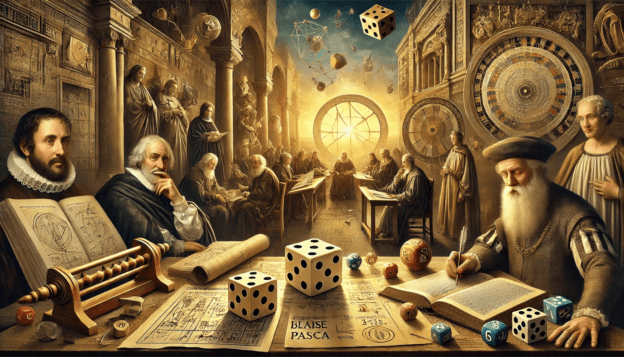The Enlightenment, spanning the 17th and 18th centuries, was a transformative period in intellectual and scientific history. During this era, humanity began to apply rational thought, empirical observation, and mathematical rigor to address questions of uncertainty and risk. The formalization of risk assessment emerged as a critical outcome of this intellectual revolution, driven by advancements in actuarial science, economics, and probability theory. This essay explores the key contributions of the Enlightenment to the field of risk assessment, highlighting pivotal figures, innovations, and ideas that continue to shape our understanding of risk today.
Continue reading
The Enlightenment: Formalizing Risk Assessment
2 Replies
